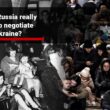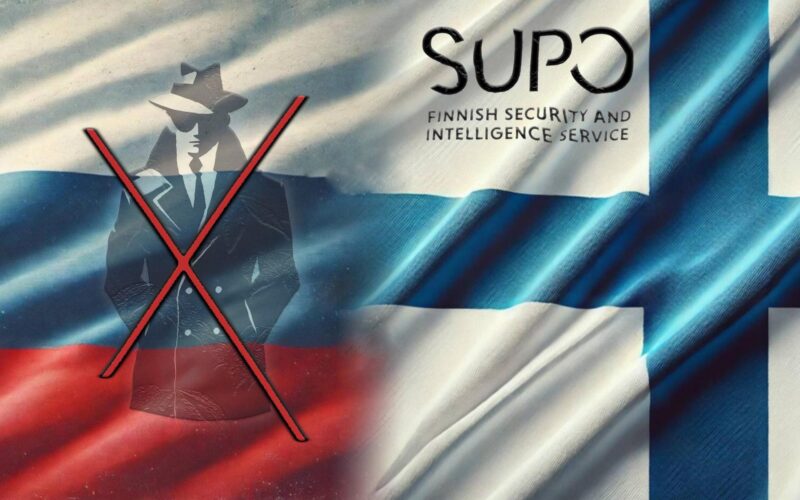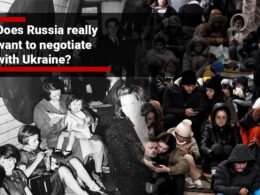The Finnish Security Intelligence Service (SUPO) reports that Russian spies increasingly use journalism and academic research as cover for intelligence activities in Finland. Source: Yle.
Since Finland joined NATO, Russian intelligence’s interest in the country has significantly increased. Traditionally, espionage was conducted under diplomatic cover, but Russia is now forced to explore alternative methods. According to SUPO, Russian intelligence operatives may increasingly pose as journalists or researchers in the future.
“These covers, however, do not provide the protection afforded by diplomatic immunity,” states the Security Intelligence Service’s press office.
Over the past year, Finland expelled nine Russian diplomats suspected of espionage, which has considerably weakened Russia’s ability to gather intelligence in the country. However, the demand for data remains high.
According to SUPO, Russian intelligence services might monitor Finnish nationals abroad, especially those in Russia or third countries. SUPO notes that spying on individuals is an extremely lengthy and painstaking task.
“As fewer and fewer people engage in this, the ability to recruit informants willing to share confidential information in Finland is worse than before.”
With a reduced number of agents, Russia increasingly relies on cyber-espionage and cyberattacks. It is claimed that Russian intelligence agencies collaborate with pro-Kremlin hacker groups that, under the guise of activist movements, attack Western European interests.
Previously, the Security Intelligence Service reported that Russia might use intermediaries, such as criminal groups, to carry out sabotage for a fee.
Now, SUPO states that some cyberattacks on Western Europe are supported by Russian intelligence services.
«It has been revealed that Russian intelligence agencies are linked to pro-Kremlin cyber-activist groups, which are also used as a cover for Russian influence operations.»
By using intermediaries for cyberattacks, Russia aims to obscure its direct involvement. SUPO suggests that, in recent years, Russian intelligence services have created conditions to intensify the activities of such cyber groups to advance their interests on the international stage.








